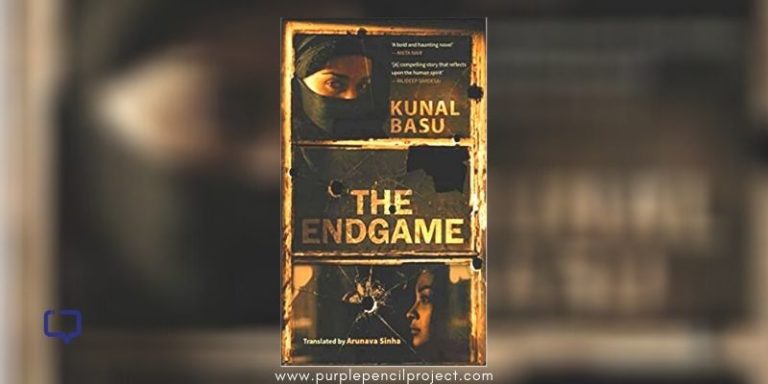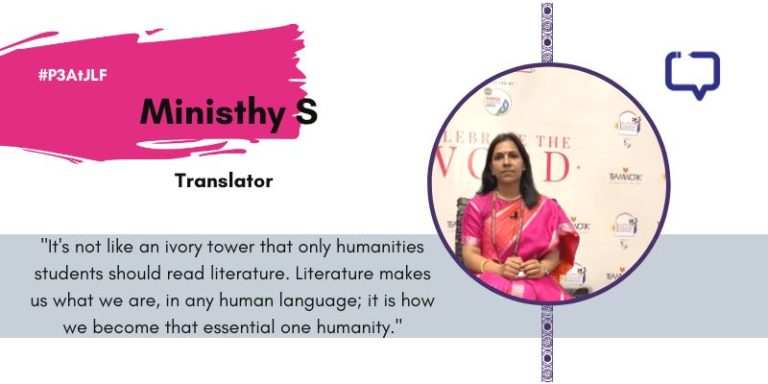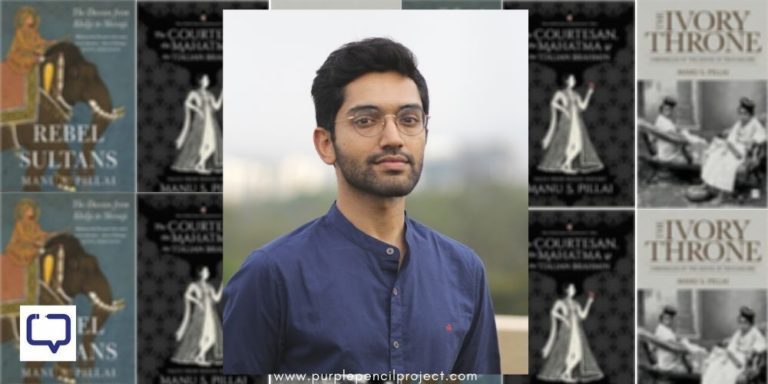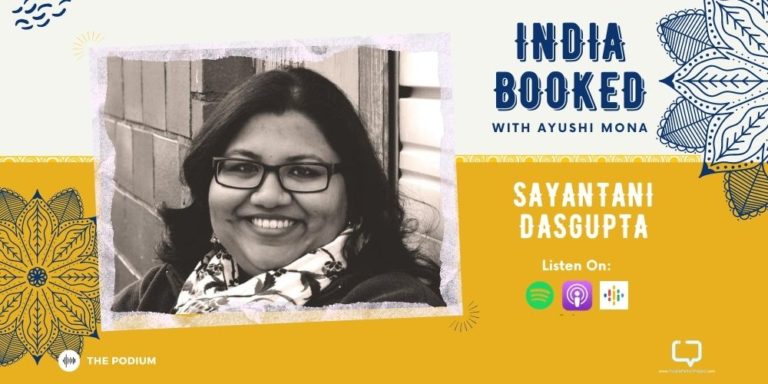Kaustav Das reviews Anand Thakore’s In Praise of Bone- New and Selected Poems (Speaking Tiger, 2023)
If thrilling storytelling meets poetry had a name it would’ve been named after Anand Thakore. The Hindustani Classical vocalist and poet, through the poems with skillfully chosen words, has narrated stories or rather life for a lifetime in In the Praise of Bone.
The endorsements and the praises at the beginning of the book show what a brilliant literary voice Anand Thakore is. From Khuswant Singh to Dr. Ravi Shankar, all have praised this voice. Anand Thakore, the symbolist poet who gives voices to contemporary life, grief, loss, family, and art through his poems, verses, and monologues during the tenure in the book shown 1999-2021.
We encourage you to buy books from a local bookstore. If that is not possible, please use the links on the page and support us. Thank you.
Before jumping into the poems, the introduction of Dr. Ravi Shankar, fierce and skillfully narrated praises announces what to expect from Thakore’s collection. It is as much of a trophy as Thakore’s poems. It sets the bar definitely high for the ardent poetry admirers. It will be difficult to rule out, the way Dr. Ravi Shankar has introduced the book there is no need for it getting reviewed by others.
Each subheadings below are some of the best poems from each segment.
That’s How It Feels
In the first segment titled New Poems (2015-2021), Thakore has incorporated themes of feminism, identity crisis, casteism, history and mythology, and metaphorical and allegorical works, linking yesterday’s ghost to the present. The modern ideas are quite evident in these new poems.
The words that fail to come out – trapped inside the darkest alleys of one’s mind. Is it a remembrance of a friend or a self-introspection? He gives voices to the profound imagination and makes it intimate enough through eroticism. A whole life’s journey is made into pictures, where personification and imagery are the highest orders.
The personification that draws a city that never stops; Thakore gives voices to the roaring and moving links that connect others with us. Apart from that, the collection sings a long silenced history that speaks for itself, abandonment and caste prejudices.
There are multiple poems on mythological retelling, historical monuments, and architecture that are slowly deteriorating, through the poems Thakore makes us remember them. From an ode to Tulsidas and Surdas and their creations in Rama’s presence and Krishna’s flute to Somaiya House and Constantinople.
Love Poetry? Do read Shakti Chattopadhyay’s Poetry: In Translation
Buddhist Monk Hangs Self
The second segment, From Seven Death and Four Scrolls (2017), is deeply moving and philosophical in nature. The poems are written on real events and mythological retellings. Here death not only denotes the death of a person and his body, but it also portrays the death of dreams, aspirations, belongingness, truth and lie, soul, and death of the past and conscience.
The battle of inner conscience and demon don’t watch from the dark too. Be it the hanging of a terrorist or the self-killing of a monk who juxtaposes the lonely and exiled humankind; the segment goes deeply into the human conscience.
The Koh-I-Noor
The Mughal Sequence (2012) follows the ghosts of the Mughal period, the untold truths and the hidden lies, the books that made Humayun engrossed from getting lost to the Koh-i-Noor who desired to get back to its home– the mine, the humiliation of dancing ladies to the unseen orgies and from possession to betrayals; Thakore’s Mughal Sequence gives a new light to the unvoiced turbulent period.
We explore Babur’s intoxicated monologues- about his and his predecessors’ deeds and what the heirs will also follow, the intoxicating substance Majoon makes him confess the dirt and suppressed thoughts he carried all along. He praised Majoon for being the guiding light in his world of obscurity. The poem ‘Babur, after the victory at Khanua’ is more of a remnant of Babur’s life and the Mughal period likewise. Yesterday’s ghosts are not leaving him, they will follow him till he gets swallowed by the earth.
Apostrophe to a Fondue Pot
The fourth segment, From Elephant Bathing (2012), has freedom cry, self-love, the lush green jungles to the man-made concrete jungles, where humans became animals instead of just beasts. Living in memories, loss of family and possessions, and dying in the companionship of memories a major themes in this collection.
Letting go of the veil of self-doubt and irresistible force, opens up to enhance and amend, chased by inner demons that we look in the mirror; Elephant Bathing lights the hidden dream for freedom through imagery.
In Praise of Bone
The symbolism and abstract ideas in the final two segments From Elephant Bathing and From Waking in December (2001) deal with lifeless objects and inner thoughts that never come out, just like the hymns that need to be sung aloud. From Greek epics’ incorporation to past and yesterday’s ghosts are evident in the collection with the chef’s hat of eroticism embedded in surrealism. Existentialism too found its place in the poems.
In Praise of Bone is a literary brilliance that embarks in different writing styles, poetic expressions, and devices; throughout the collection, it is noteworthy how Thakore’s idea of seeing the world and writing poems has evolved over time. One can feel a different Thakore in each segment, the same goes for the titles of each poem.
Many poems in the collection are either dedicated to living people or real incidents and lifeless objects and fictional incidents. The poems in this collection are incorporated in the book from various journals and magazines and his other books.
In the age of social media and Instagram poetry, reading Thakore’s collection brought a fresh air of traditional poetry, a book that can be a must-read for every budding poet out there. So why not Praise the Bone?
Favourite excerpt from a poem titled Buddhist Monk Hang Self: Scroll Three by Anand Thakore
“The train they are on board will have to break down,For them to see that when they arrive
At the place they are making for,
They will remain as removed from it,
As from those landscapes that pass them by
While the train still moves—
The train that takes them to Gaya,
Which I was to catch,
And which still leaves three times a week,
From a station I could not make it to.”
Have you read this moving collection of poems? What do you think of it? Drop a comment below and let us know!

As part of our effort to compensate our writers better, we at Purple Pencil Project have launched the #PayTheWriter initiative, where readers can directly show support and appreciation for our wonderful team.
Scan or upload this image on your UPI app, and show them the love 😀





















